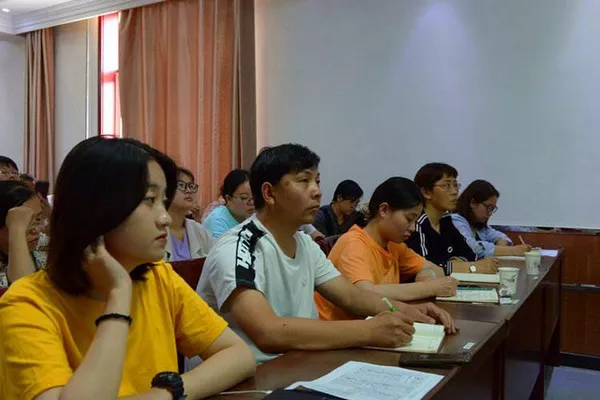PRESTON, Wash., Oct. 29, 2024 (GLOBE NEWSWIRE) — Recognizing the unique mental health challenges faced by student-athletes, Sparkling Ice has announced a partnership with The Jed Foundation (JED) aimed at enhancing mental wellness across U.S. college campuses. This initiative will provide essential training for coaches and athletic directors to help them address the behavioral health needs of student-athletes.
Understanding the Challenges
Student-athletes often juggle rigorous academic responsibilities alongside the demands of competitive sports, which can lead to increased stress and anxiety. According to the latest NCAA Student-Athlete Health and Wellness Study, while mental health reported by student-athletes improved since the onset of the pandemic, specific demographics—such as women, people of color, and LGBTQ+ students—expressed higher levels of mental health concerns.
Commitment to Support
Veronica Blankenship, Chief People and Communications Officer at Talking Rain, the parent company of Sparkling Ice, emphasized the importance of creating a supportive environment for student-athletes. “We believe that every student-athlete deserves a supportive environment where their mental health is prioritized,” she stated. This collaboration with JED aligns with their mission to foster healthy communities and personal well-being, addressing issues related to substance misuse, suicide risk, and the stigma surrounding mental health support.
Training for Coaches and Athletic Directors
The partnership will financially support mental health experts from JED, who will design and conduct workshops titled “Championing Mental Health: Winning Strategies for Supporting Student-Athletes.” These workshops, set to launch in early 2025 at select JED campuses, will equip college coaches and athletic directors with the necessary training and tools to identify signs of mental distress and provide appropriate support to protect athletes’ emotional wellness.
Evidence-Based Approaches
JED’s programs are grounded in a Comprehensive Approach to Mental Health Promotion and Suicide Prevention for colleges and universities. This evidence-based framework allows institutions to assess their current mental health efforts, identify strengths, and pinpoint areas needing improvement. JED has successfully implemented its programs at over 500 colleges and universities, reaching more than 6 million students nationwide.
The Mental Health Landscape for Student-Athletes
The demanding nature of athletics can lead to burnout, particularly when combined with the pressures of academic life. Injuries and performance setbacks further exacerbate mental health issues, often resulting in feelings of frustration, self-doubt, and anxiety. The NCAA study revealed that 29% of female athletes and 9% of male athletes reported experiencing overwhelming anxiety “constantly” or “most every day.”
Additionally, the fear of losing scholarships or playing time can deter student-athletes from seeking mental health support. This performance-driven culture contributes to perfectionism and an intensified fear of failure, worsening existing mental health challenges. Alarmingly, only half of student-athletes surveyed felt comfortable seeking support from campus mental health providers.
Empowering Support Networks
Laura Erickson-Schroth, M.D., Chief Medical Officer at The Jed Foundation, highlighted the pivotal role campuses, athletic directors, and coaches play in supporting student-athlete mental health. “When they can be sources of support, it can be life-saving,” she noted. This partnership seeks to establish a network that empowers student-athletes to seek help without fear of judgment. Through these workshops, key figures in athletes’ lives will be trained to recognize signs of mental distress and address critical issues before they escalate.
Conclusion
The partnership between Sparkling Ice and The Jed Foundation marks a significant step toward fostering mental wellness among student-athletes. By equipping coaches and athletic directors with the knowledge and tools to support their athletes, this initiative aims to create a safer, more supportive environment that prioritizes mental health and encourages student-athletes to seek help when needed.
Related topics:





























